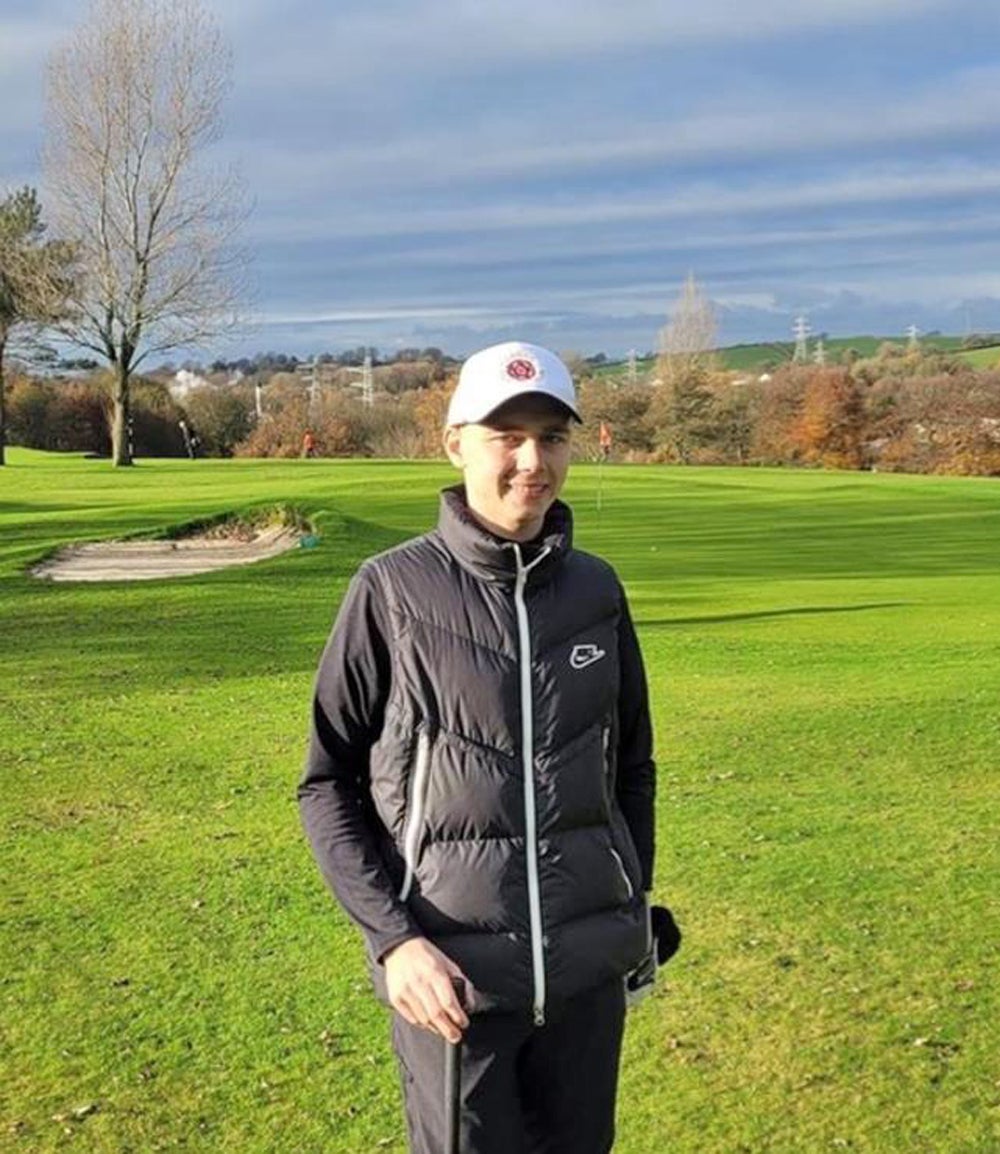Teenager should have chance of life-saving kidney transplant, judge rules
The Court of Protection had been asked to rule over a treatment dispute.

A teenager should be given the chance of a potential life-saving kidney transplant, a judge has ruled
The Court of Protection had been asked to rule over a treatment dispute involving William Verden, 17, who is on dialysis and suffers from steroid-resistant nephrotic syndrome.
His mother Ami McLennan, 45, from Lancaster, has made an appeal for a donor for an operation which is said to have a 50% prospect of success.
Last week she told the court that her “beautiful boy”, who has autism and ADHD, deserved a chance of life.
However, medics at Royal Manchester Children’s Hospital, where William is treated, argued the chance of disease recurrence from a transplant would be nearer 100%.
They could not agree to a transplant because he would suffer psychological and physical harm from post-operation sedation and ventilation to prevent him pulling out lines and catheters.
A procedure known as plasma exchange, with a 75% success rate, would be given if disease recurs but William would need to be sedated and ventilated for a minimum of 14 days.
In contrast, William’s life expectancy on dialysis alone is 12 months, the court heard, and would be a matter of just a few weeks without it.
The court, sitting in Liverpool, was told that if a transplant proved successful then William would live a further 15 to 20 years before he needed another one.
With both parties in disagreement, Manchester University NHS Foundation Trust brought the case to ask a judge to rule on the matter.
Ruling on Tuesday that a transplant was in the teenager’s best interests, Mrs Justice Arbuthnot said: “Transplant is not futile. Although the chances of that lead to an increase in William’s suffering in the short and medium term, it has the commensurate benefit which is there is a chance for William of long-term survival.”
What’s happened is in the past and we now need to focus on trying to find the crucial donor who can provide William with the best chance in life
Following the decision, Ms McLennan said: “All we have wanted was for him to be added to the transplant list and his treatment to be continued until a donor is found. I feel it’s the minimum he deserves and what any mum would do for their child.
“As a family we still struggle to comprehend why William’s case has gotten to this stage but this judgment is about trying to look to the future. What’s happened is in the past and we now need to focus on trying to find the crucial donor who can provide William with the best chance in life.
“We continue to be amazed by how many people have been touched by William’s story and remain ever so thankful to those who have expressed a wish to potentially become a donor or who have contacted us with messages of support.”
Her solicitor Liz Davis, of law firm Irwin Mitchell, said: “This is an incredibly sensitive case which has prompted a really important discussion not only about William’s care but also about the wider issue of providing medical treatment to people with autism and learning disabilities.”
Toli Onon, the health trust’s joint group medical director, said: “William has a rare condition affecting his kidneys, and each treatment option had its own risks to his health and wellbeing.
“That’s why we asked the court to make this difficult decision, and why the judge noted that she respected our approach to establishing what’s best for William.
“William, his family and our staff have all worked really hard together to support his dialysis and we will now be liaising with William and his family regarding how best to progress his treatment.”
